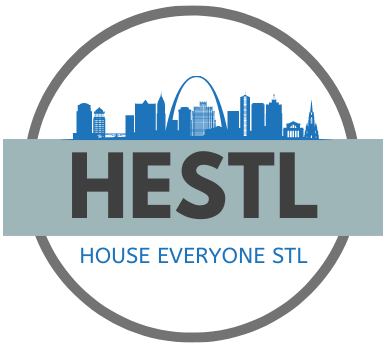End homelessness through creating more equitable access to housing and support services
Our Vision
To create TRANSFORMATIONAL system change in St. Louis and end homelessness through coordination, innovation, and best practices, partnering with the existing homeless services providers.
We will do this by creating a system that is coordinated, innovative, and efficient.




